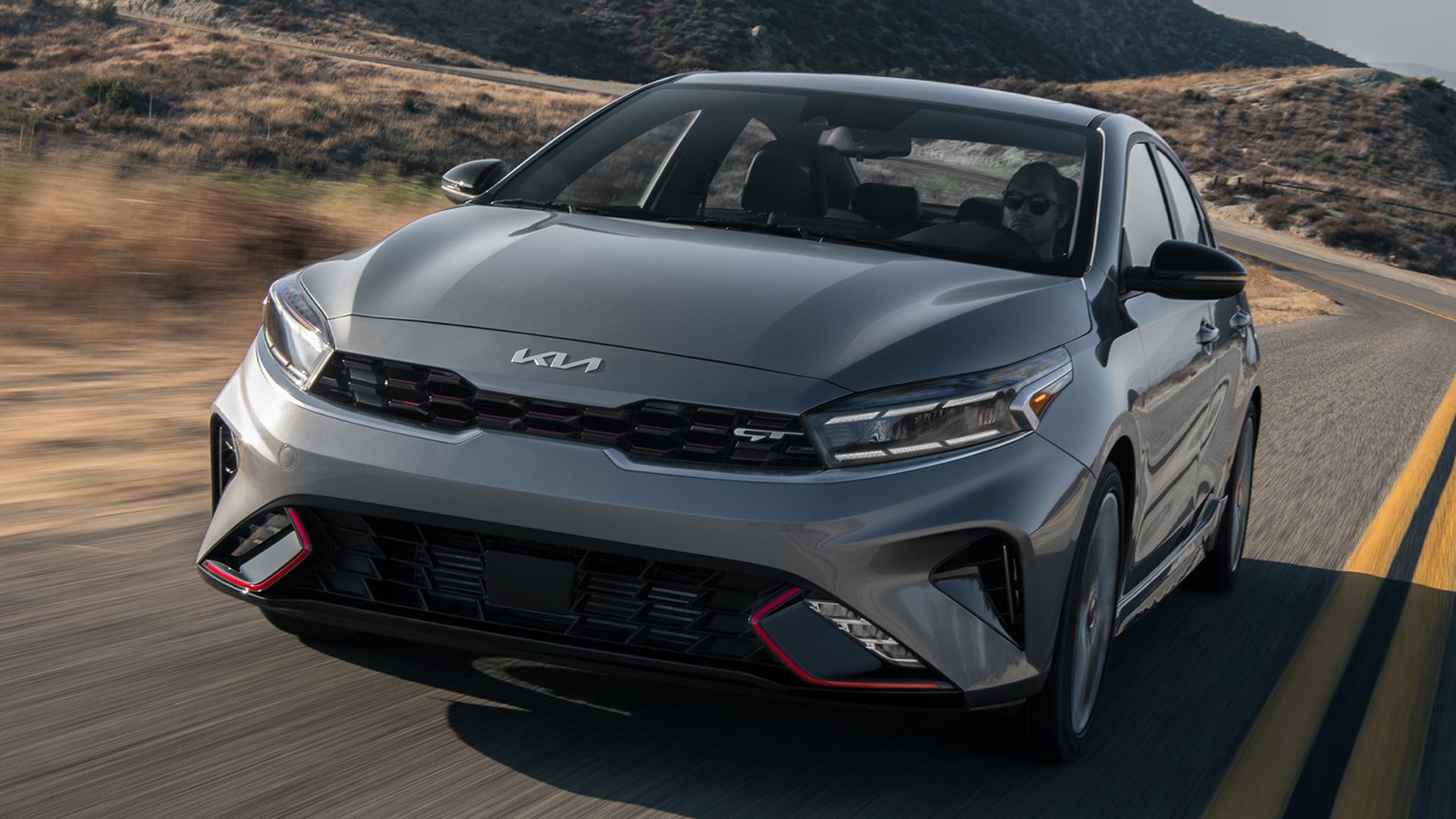Shop At Haya: Your Ultimate Shopping Guide
Discover the best shopping tips, trends, and deals for a smarter buying experience.
Fueling Your Savings: The Smart Choice of Fuel-Efficient Cars
Discover how fuel-efficient cars can boost your savings and transform your budget. Drive smarter and save more today!
5 Benefits of Choosing Fuel-Efficient Cars for Your Wallet and the Planet
Choosing fuel-efficient cars offers significant advantages for both your wallet and the environment. Firstly, these vehicles typically consume less fuel, which translates to lower gas expenses. This means that drivers can save a substantial amount over time, allowing them to allocate their hard-earned money towards other essential needs or savings. Additionally, many fuel-efficient cars are designed with advanced technology that optimizes fuel consumption, further enhancing savings.
Moreover, opting for a fuel-efficient vehicle also contributes positively to the planet. Lower fuel consumption results in reduced carbon emissions, which plays a crucial role in combating climate change and improving air quality. By driving a car that uses less fuel, individuals are not only making smarter financial choices but also taking active steps towards a sustainable future. In this way, choosing a fuel-efficient car stands out as a win-win for drivers and the environment alike.

How to Calculate Your Savings with Fuel-Efficient Vehicles
Calculating your savings with fuel-efficient vehicles starts with understanding your current fuel costs and the potential savings these vehicles provide. Begin by assessing your average monthly fuel expenditure with your current vehicle. To do this, track how many miles you drive in a month and your vehicle’s average miles per gallon (MPG). This data will help you determine your fuel consumption and overall expenses. Once you have this information, you can compare it with the MPG ratings of fuel-efficient models, which often boast over 30 MPG. By substituting your current average MPG with a more efficient vehicle’s MPG, you can easily compute your potential savings.
Next, consider additional factors such as the price of fuel in your area, any tax incentives for purchasing a fuel-efficient vehicle, and maintenance costs, which can also influence your overall savings. Use the following steps to create a simple calculation:
- Calculate your current monthly fuel cost: (Miles driven per month) / (Current vehicle MPG) x (Price per gallon of fuel).
- Estimate monthly fuel cost for a fuel-efficient vehicle: (Miles driven per month) / (New vehicle MPG) x (Price per gallon of fuel).
- Determine your savings: Current fuel cost - New vehicle fuel cost.
By following this process, you can clearly see how transitioning to a fuel-efficient vehicle can substantially reduce your monthly expenses and contribute to long-term financial benefits.
Fuel Economy Myths: What You Need to Know Before Buying a Fuel-Efficient Car
In the landscape of automobile purchasing, fuel economy myths often cloud consumer judgment. Many buyers assume that simply selecting a hybrid or electric vehicle guarantees maximum savings at the pump. However, factors such as driving habits, vehicle maintenance, and even tire pressure play crucial roles in actual fuel efficiency. It is essential to look beyond the EPA estimates and consider how your daily driving conditions may impact the vehicle's performance.
Another common misconception is that fuel-efficient cars lack performance capabilities. Contrary to popular belief, many modern fuel-efficient models are equipped with advanced technology that enhances both speed and agility without sacrificing fuel economy. For those looking to strike a balance between performance and efficiency, it’s important to test drive various models and pay attention to features like turbocharging and smart driving modes. By separating fact from fiction, you can make a more informed decision when choosing your next vehicle.